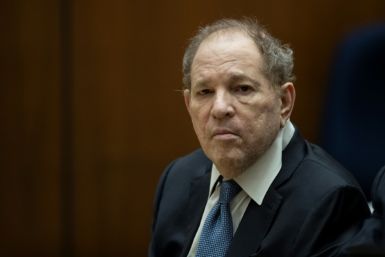New Zealand Reserve Bank Moots Curbs On Lending To Residential Property Investors: Move Is Seen As a Run Up To Cut Interest Rates

In a move that may lead to a shakeout in the property market, the New Zealand Reserve Bank has issued an advisory to banks to treat loans on investment properties as riskier than residential home loans. It wanted the lenders to segregate the two and count the risks appropriately. The Reserve Bank wanted a clear definition on what excatly is an investment property, so that lenders can stack up adequate cash buffer against the risks. The Reserve Bank is reportedly curbing the lending to residential property investors, for a cut in interest rates.
But the move has raised the concerns of Property Investors' Association, reports Radio Nz. Andrew King of the Association said tightening of rental lending rules would only push up borrowing costs and jack up rents and hurt the tenants. "We don't think there is any extra risk and therefore there shouldn't be that extra cost applied, because it is only going to hurt rental properties and their tenants,” he said.
Risk of Bad Loans
According to King, the housing market does not make any difference between owner occupied or rental properties as prices of both are subject to rise and fall. David Whitburn, Auckland professional property investor, agreed to the proposal that mortgages should not be excessively relying on rental income.
"There are a number of investors that are too rent-reliant as well. We've just got to be careful for some retired persons that are property investors - we've got to be careful that we're not too tough on the rules because otherwise we run the risk of tenants not being looked after properly because there would be a number of landlords that would exit,” Whitburn noted.
Whitburn also warned about the prospect of rents zooming if landlords are forced out of the rental property market. However, David Tripe, Director, Massey University Centre for Banking Studies, said the NZRB move would give banks a bigger cushion against bad loans. He rejected the argument that tighter norms woukd push out landlords from the rental market and added that its impact will be limited to a small proportion of potential property investors.
Dollar Crash
Meanwhile, the fallout of the NZRB move was immediately felt on the New Zealand dollar. The currency fell in value. The kiwi dropped to 74.60 US cents at 8am on Friday in Wellington, from 75.50 cents at 5pm on Thursday. The trade-weighted index declined to 77.93 from Thursday’s 78.66, reports New Zealand Herald. However, a section of traders speculated that more curbs on property market would halt the soaring house prices and allow the central bank to go ahead with its plan to reduce the interest rates.
(For feedback/comments, contact the writer at kalyanaussie@gmail.com)






